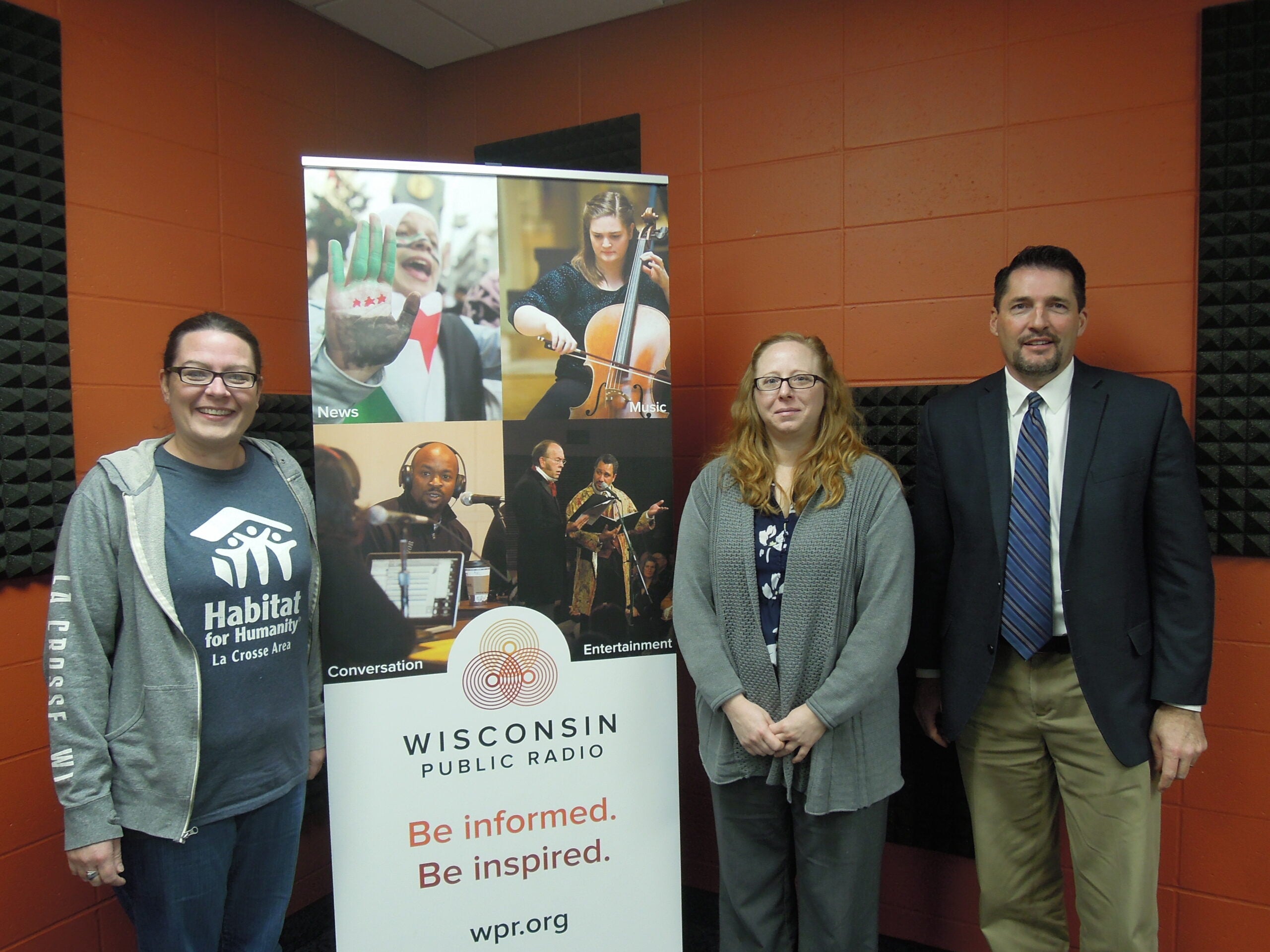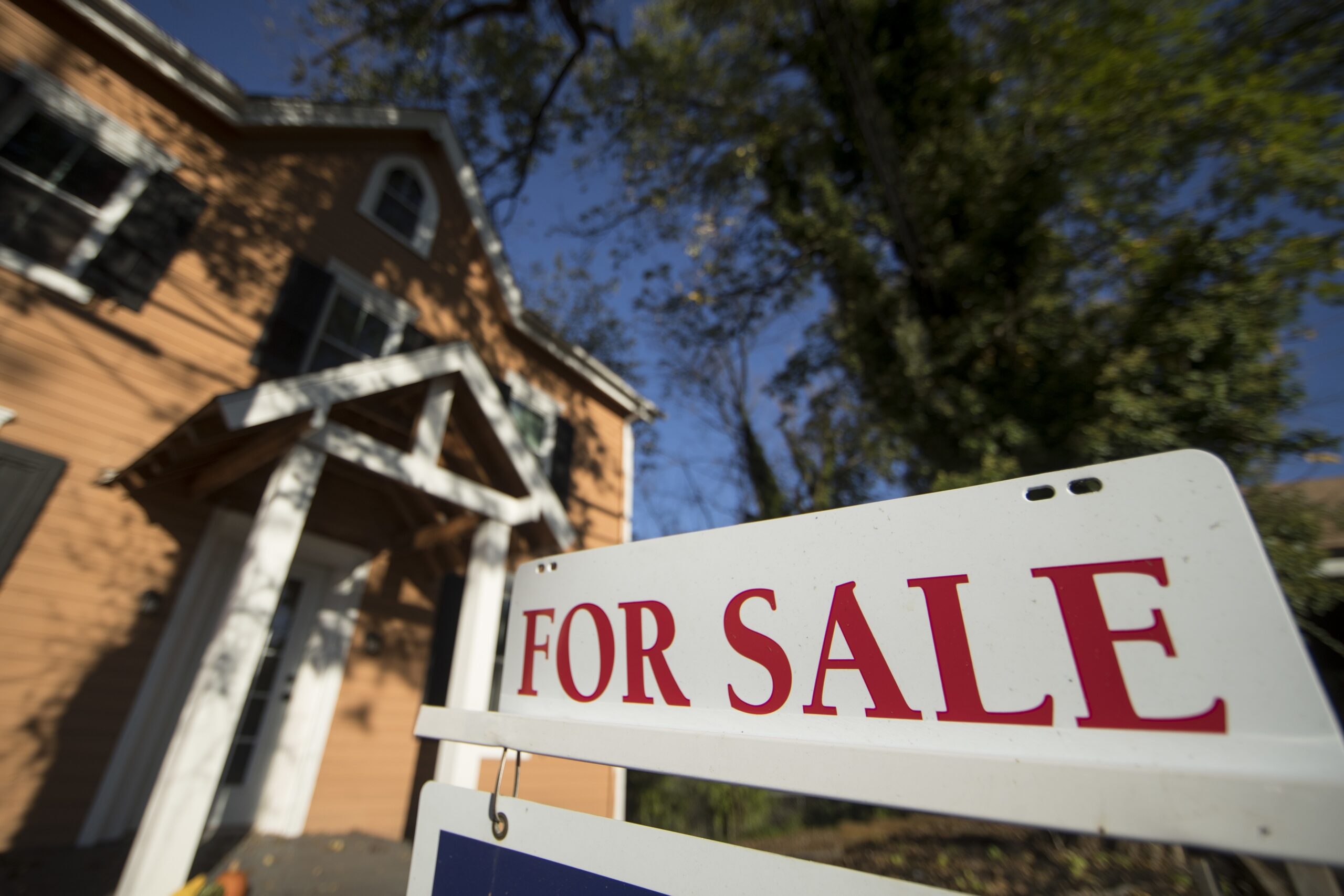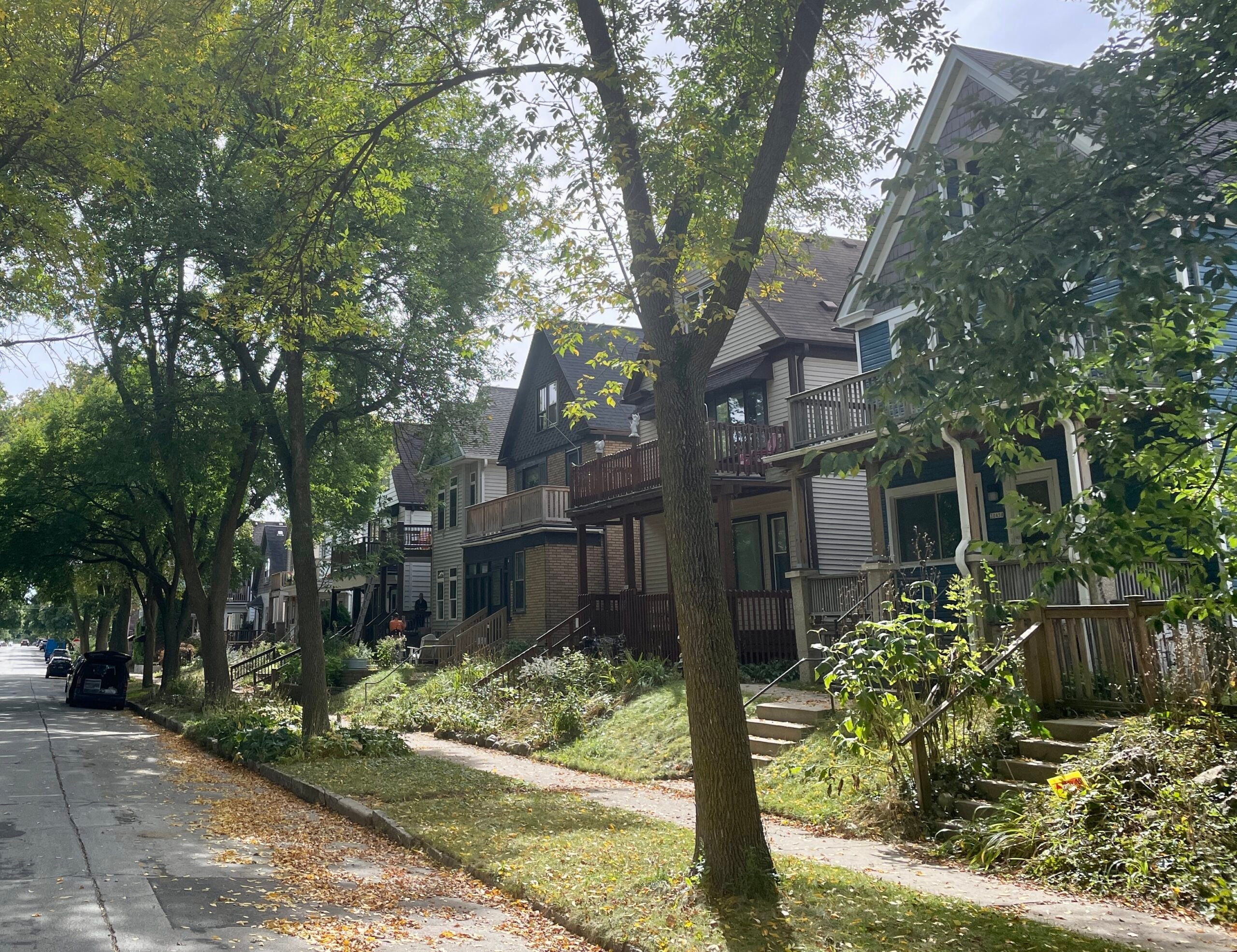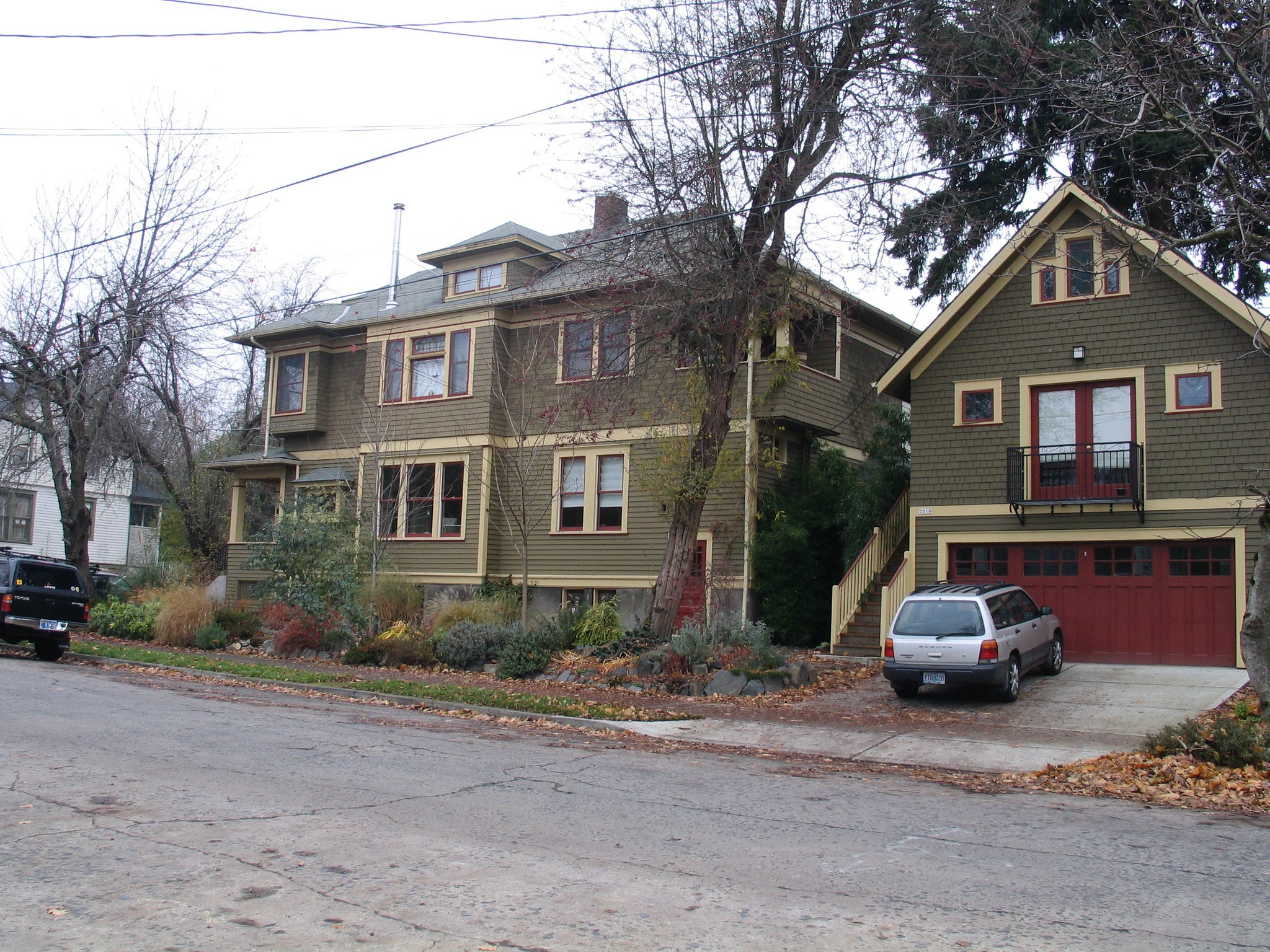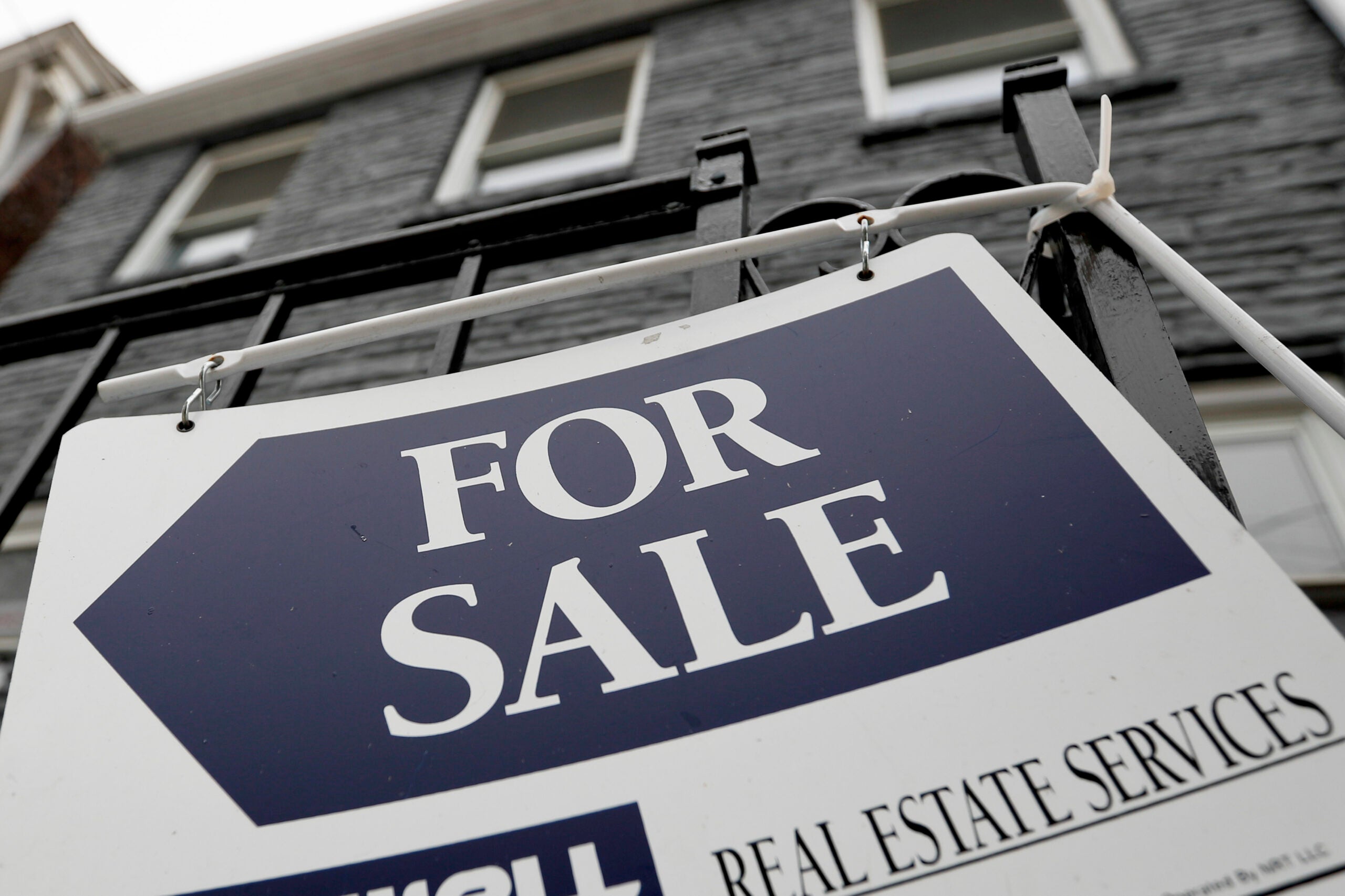There are many factors contributing to the workforce shortage in Wisconsin, but government officials, nonprofits and businesses in the La Crosse area have their eyes on one area in particular: a lack of affordable housing.
The 7 Rivers Alliance — which deals with workforce issues in western Wisconsin, Minnesota and Iowa — recently released a report that pointed to a lack of affordable housing as one of the main hurdles to attracting more employees to the area. Access to child care and transportation were also listed as a concern.
The economy in the 14-county region, referred to in the report as the 7 Rivers regional economy, employs about 200,000 workers, but the survey suggests business will have to add 1,500 to 2,000 new people to the workforce in each of the next 10 years to meet the anticipated demand.
A majority of the people employed in the region work in La Crosse and Winona, Minnesota.
Creating affordable housing has been a focus for government officials in the La Crosse area since 2012.
“We’ve got about 22,000 housing units in the city right now, but we’ve only got a 2 to 2.5 percent vacancy rate. That’s only freeing up about 400 units every year,” said Jason Gilman, the La Crosse director of planning and development. “If you need to have 2,000 people come on to the labor market annually, and you think of the population per household of about 2.2 (people), that means we’re going to have to have about 1,000 housing units available annually if we’re going to attract and backfill that many employees.”
While not all of the new jobs deemed necessary in the 7 Rivers Alliance study will be created in La Crosse, Gilman said the difficulty of finding affordable housing in the city is a good example of the problem.
“Those job needs are very real, we talk with businesses every week about this issue and the fact they are having trouble finding people,” he said.
Gilman said city officials are also concerned that the percentage of rental properties compared with owner-occupied homes is much higher than the statewide average.
More than half of the housing in La Crosse is rental properties. In Wisconsin, the U.S. Census bureau estimates two-thirds of housing was owner-occupied from 2013 to 2017.
Gilman said people who can buy their own homes build more wealth over time.
“If we have a better mix of owner-occupied and rental, it gives our emerging workforce opportunities to buy and build equity and then, long term, they have more economic ability,” he said.
Habitat for Humanity is one of the agencies that works to build more affordable housing in the La Crosse area.
Kahya Fox, Habitat for Humanity-La Crosse area executive director, said they’ve recognized the need for more affordable housing in the area and have stepped up their game in response.
Habitat has gone from building about 1.5 homes a year a couple of years ago, to plans to build six new affordable homes in the La Crosse area in 2019.
“We are seeing many more people looking at that stability of being able to achieve that American Dream and be a homeowner,” said Fox. “We have, right now, 148 people on a waiting list that has been developed in less than nine months. We’ve never seen this number of people interested in our program.”
Fox said many people who have shown an interest in Habitat for Humanity are families that are constantly moving between rental properties who are paying increasing monthly rent.
“They’re paying an exorbitant amount of their monthly income for the rent. They just can’t do it anymore,” she said. “They can’t make ends meet. They can’t pay the rest of their bills. They’re tired of trying to juggle that.”
– John Davis
Episode Credits
- Hope Kirwan Host
- John Davis Producer
- Kahya Fox Guest
- Liz Evans Guest
- Jason Gilman Guest
Wisconsin Public Radio, © Copyright 2025, Board of Regents of the University of Wisconsin System and Wisconsin Educational Communications Board.
